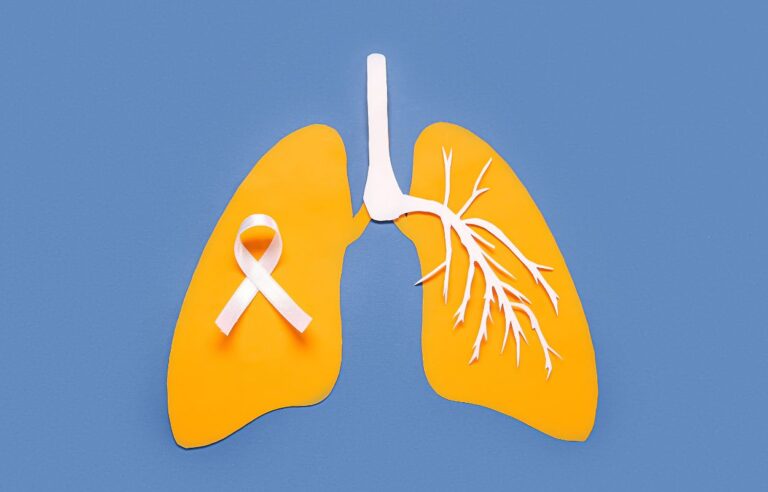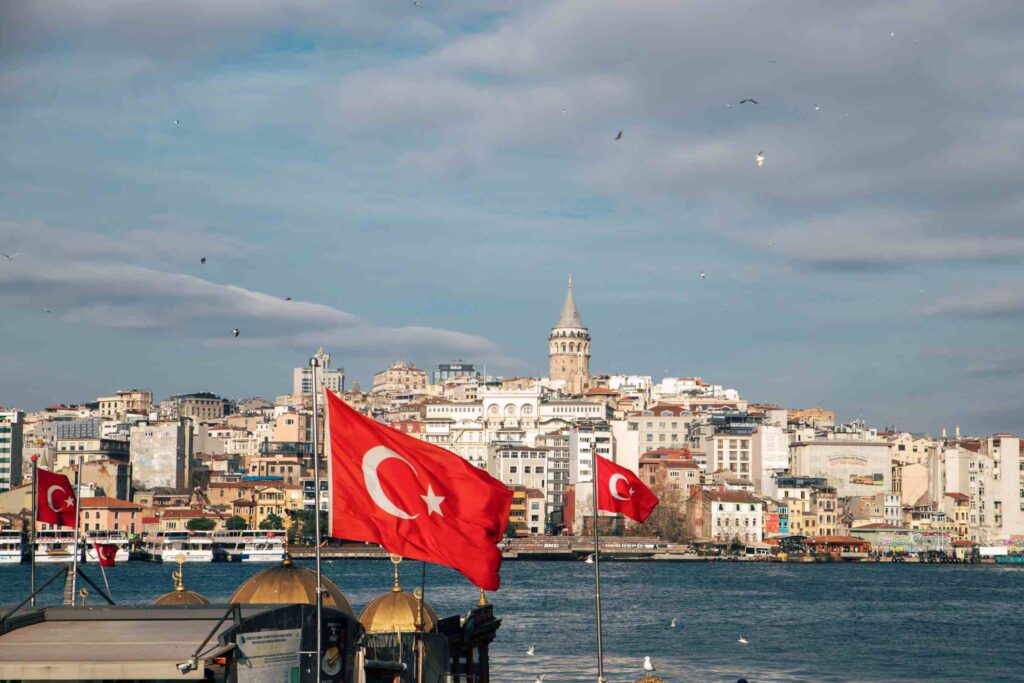PET-CT FDG: 700 USD
PET-CT Ga68 PSMA: 1700 USD
Full-Body MRI (3 Tesla): 900 USD
Stereotactic Radiosurgery (SRS): 4500 USD
Radiotherapy Treatment (Starts from): 4000 USD
Radioactive Iodine Therapy (Starts from): 3500 USD
Check-up (Starts from): 900 USD
Lu-177 PSMA Therapy: 9000 USD
Ac-225 PSMA Therapy (Starts from): 16000 USD
Brain Surgery (Starts from): 15000 USD
Breast Cancer Surgery (Starts from): 8000 USD
MIBG Scan (Starts from): 2500 USD
PET-CT FDG: 700 USD
PET-CT Ga68 PSMA: 1700 USD
Full-Body MRI (3 Tesla): 900 USD
Stereotactic Radiosurgery (SRS): 4500 USD
Radiotherapy Treatment (Starts from): 4000 USD
Radioactive Iodine Therapy (Starts from): 3500 USD
Check-up (Starts from): 900 USD
Lu-177 PSMA Therapy: 9000 USD
Ac-225 PSMA Therapy (Starts from): 16000 USD
Brain Surgery (Starts from): 15000 USD
Breast Cancer Surgery (Starts from): 8000 USD
MIBG Scan (Starts from): 2500 USD


